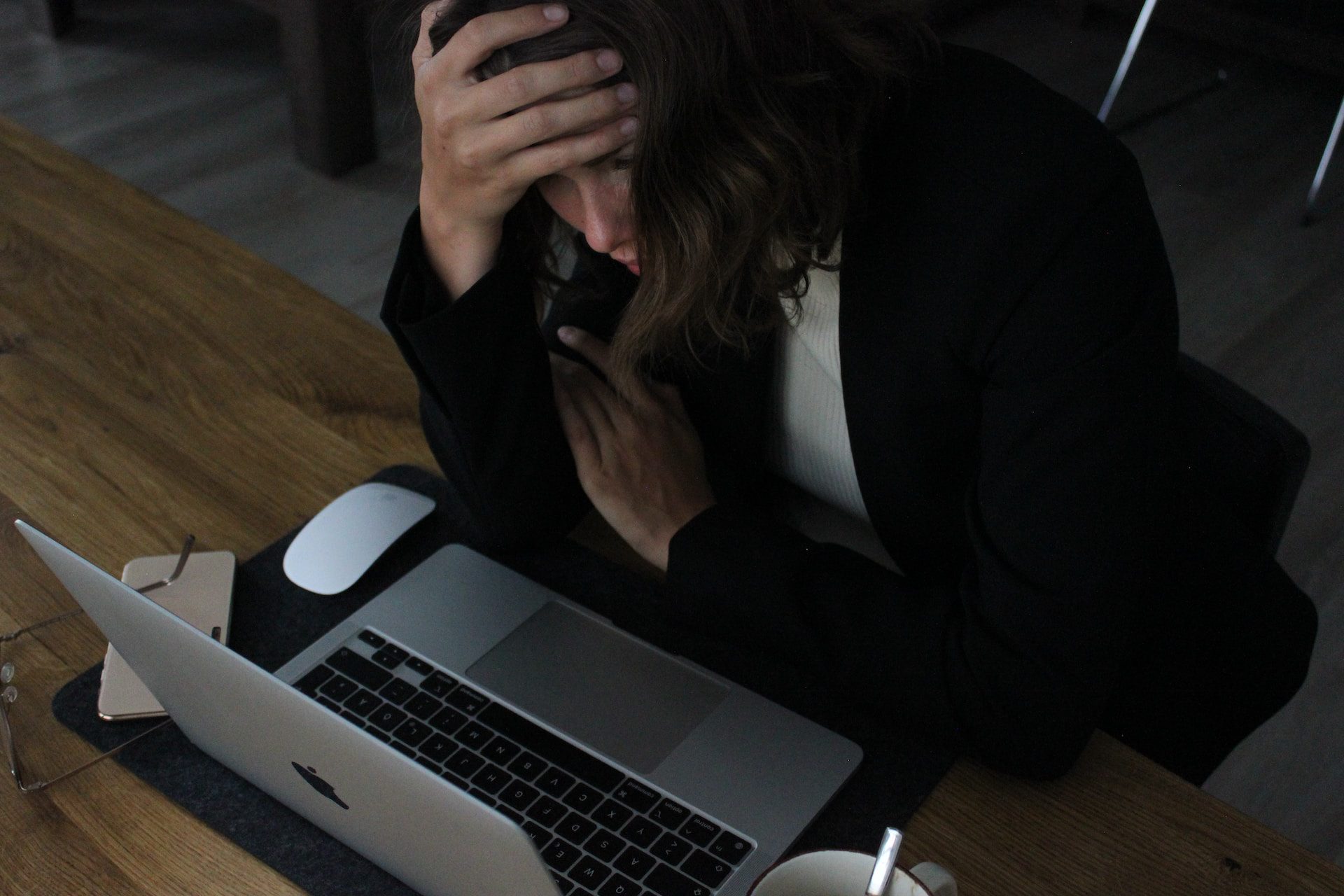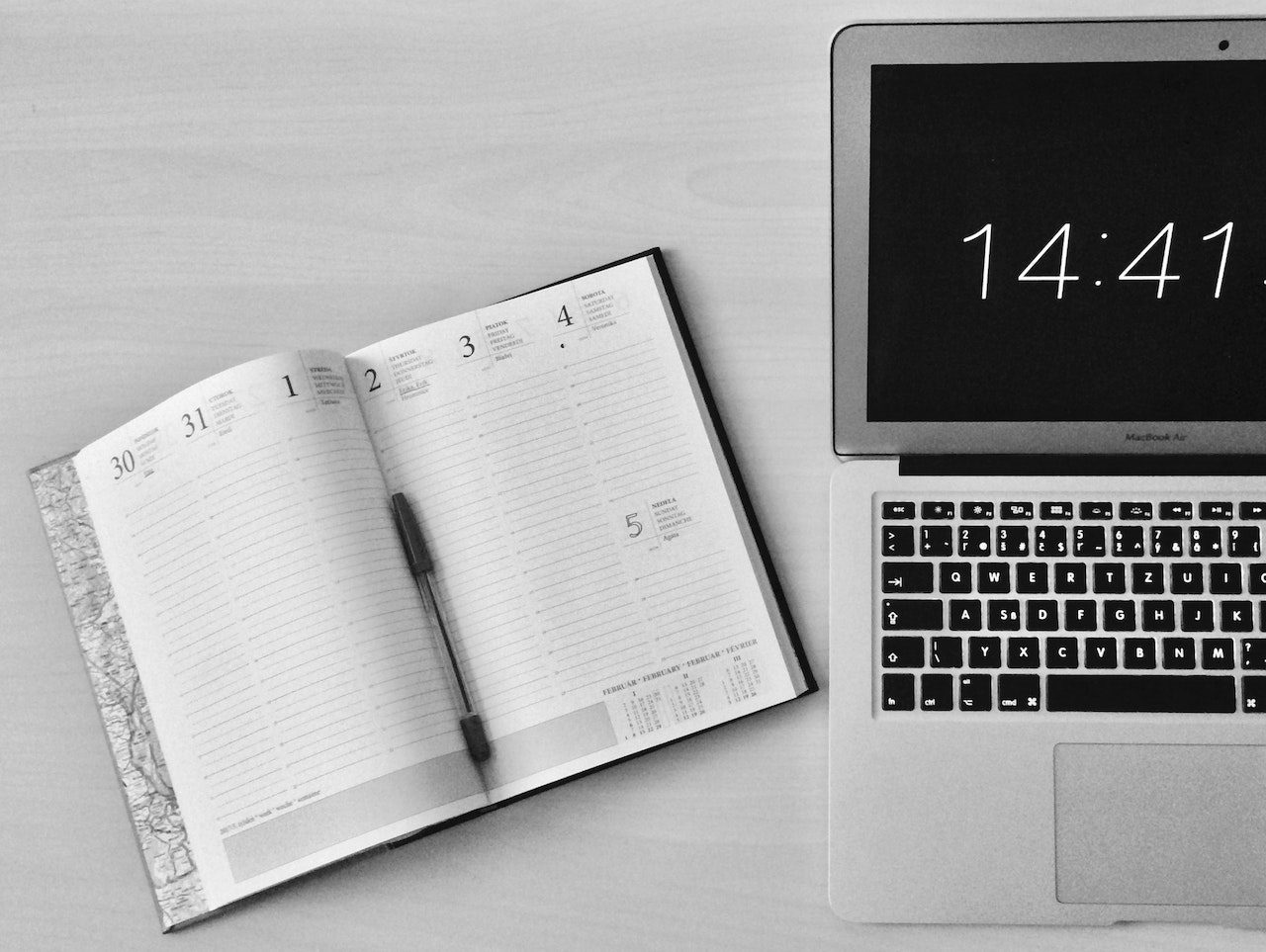Tips for When You Feel Burned Out


If someone is feeling burned out, what can they do to try and reverse the negative effects of burnout? If you’re reading this article because you feel burned out, it looks like you’ve already taken a very important first step… acknowledgment! Acknowledging that you’re feeling this way and trying to do something about it is critical. Here are some tips for dealing with burnout:
Seek Support From Others
When you are too stressed to handle things by yourself, seek support from those around you. You can reach out to friends and family members or turn to a community group for support. Spending time with like-minded people can help you reset, and they can offer support and advice, and help you to process your feelings.
Consider Your Priorities
If you are feeling burned out due to school or work, it might be time to reconsider your priorities. While school and work are undoubtedly very important, you might want to take the time to find some balance between school, work, social life, and alone time. Consider taking more time out for relaxation, hobbies, and time spent with loved ones. Do something that you enjoy and that makes you happy. This could be anything from reading a book to taking a walk in nature. Taking some time for yourself can help you to relax and de-stress.
Set Boundaries
It’s important to set boundaries between your work and personal life. Set specific work hours and stick to them – this is especially important if you work from home, but either way, it is easy for work responsibilities to spill over into personal time. Let’s stop that. Don’t check work emails or take work calls outside of work hours – turn off work phones and computers if need be. When you’re not working, focus on your personal life and on doing things that make you happy. Take breaks throughout the day – schedule time for you. And about your colleagues…let them know you are not available outside of work hours. They might even appreciate that so much they take it on as their own personal policy.
Learn to Say “NO”
It’s important to learn to say no to things that you don’t have time for or that you don’t want to do. Don’t feel obligated to say yes to everything that’s asked of you. Be honest with yourself about what you can handle (or what you don’t WANT to handle, and then don’t be afraid to say no when it applies. Be direct – no apologies or excuses. No. Though you will possibly feel guilty, it is okay to put yourself first sometimes…it’s all about balance. Oh, and some people who you say no to will be disappointed, especially if they are used to counting on you ALL the time…remind yourself that their disappointment is okay, sometimes you need to be the priority too.
Improve Your Diet and Exercise and Get Enough Sleep
A healthier diet, daily exercise, and enough sleep can all help you feel more energized throughout the day and can also improve your mood. Aim for at least 30 minutes of moderate-intensity exercise most days of the week. Focusing on your physical health can be a good distraction from stressful and overwhelming thoughts and can give your mind a much-needed break. Eating a healthy diet can help you to feel better both physically and emotionally. Make sure to eat plenty of fruits, vegetables, and whole grains. As for sleep, it helps your body and mind to recover. When you don’t get enough sleep, you may experience fatigue, irritability, and difficulty concentrating. Sleep deprivation can also worsen symptoms of anxiety and depression. Aim for 7-8 hours of sleep each night.
If you’re feeling burned out and need more assistance, it can be a good idea to seek professional help. A therapist can help you to understand your burnout and to develop coping strategies and a plan of action.


Matthew A. Webster, MA, MS, ED.D, LPC
Martin Counseling, PLLC in Katy, TX.
Dr. Matt Webster is a professional educator, nutritionist, and therapist located in the Houston, Texas area. He specializes in couples therapy, sexuality, and maladaptive eating patterns with a focus on the role of nutrition. More About Matt >>
Last modified:













